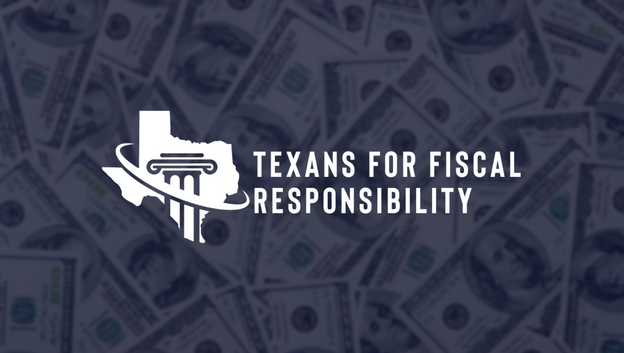
It has now been more than three years since governments across the country forced us into an artificial recession in response to COVID-19, interrupting some of the greatest economic growth and prosperity under President Trump that America had seen in recent memory.
Despite some positive signs like lower unemployment and slowing inflation, other factors are casting shadows over the country’s economic outlook: continued fallout from the government shutdowns, consumer choices, and a president pushing “Bidenomics.”
July Jobs Report
On Friday, the Bureau of Labor Statistics released the July jobs and employment report. Approximately 187,000 jobs were added, with unemployment dropping a mere .01% down to 3.5%. While both statistics are positive, wage growth and job growth have slowed from earlier in the year.
Future Outlook
The economic outlook is still gloomy, however, and even international bodies seem to agree. The International Monetary Fund at the end of July scaled down their predictions of economic growth globally, specifically citing factors such as a slowing economy, high inflation, and less consumer spending than expected in the United States.
Cracks in the Foundation
Other potential signs of economic downturn are also beginning to show. For example:
- At the end of July, the 100-year-old Yellow trucking company, the fifth-largest trucking firm in the nation, filed for bankruptcy, putting roughly 30,000 jobs at risk (a number that was not factored into the July jobs report).
- On Monday, oil prices in the U.S. shot up to a 10-week high after Saudi Arabia announced continued cuts to oil production through the end of September (America’s reliance on this is another example of Biden’s failed policies). This will put even more strain on American’s already stretched-thin pocketbooks.
- In a blow to confidence and reputation, Fitch, one of the big three credit-rating agencies, announced on August 1st that they were officially downgrading the United States’ credit rating from AAA to an AA+.
- Just this week, another one of the “big-three” credit rating agencies, Moody’s, announced that they were lowering the credit rating of many small- and medium-sized U.S. banks, and warned that more ratings cuts to other banks and lenders could come.
- Finally, in another concerning trend, this week the New York Federal Reserve bank announced that U.S. consumer credit card debt had officially topped $1 trillion, increasing 36% since April 2021, and credit card delinquencies are at an 11-year high. Additionally, total U.S. household debt rose to an incredibly high $17.06 trillion — all of which is clearly unsustainable.
Can the cracks be patched before the economy crashes and burns? Or will debt, poor monetary policies, and Bidenomics bring the whole thing crashing down?
Texans for Fiscal Responsibility relies on the support of private donors across the Lone Star State in order to promote fiscal responsibility and pro-taxpayer government in Texas. Please consider supporting our efforts! Thank you!
Get The Fiscal Note, our free weekly roll-up on all the current events that could impact your wallet. Subscribe today!




